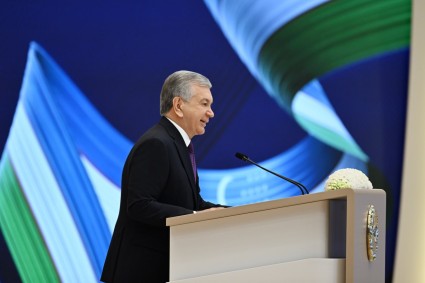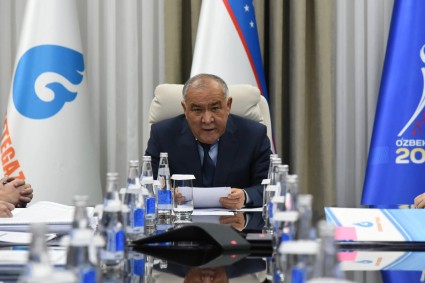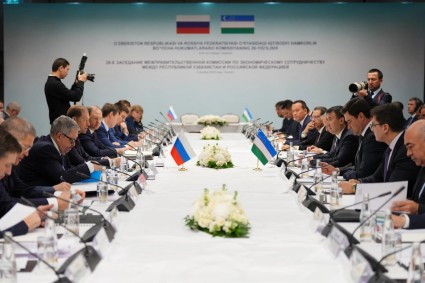In Uzbekistan and other CIS countries, banks are requesting additional documents for Russian clients for fear of secondary sanctions, the Russian publication Kommersant said.
In particular, Georgy Vlastopulo, general director of the Optimal Logistics, said that banks in Uzbekistan even have a list of goods that cannot be paid via them.
“For more than eight months of work in Uzbekistan, we were able to pay only two contracts for indirect re-export. They categorically do not conduct transactions abroad. Questionnaires including 27 items were issued, which had to be answered. Among other things, there was a question about whether we pay for sanctioned goods or not. That is, in Uzbekistan, everything is initially quite complicated,” he said.
Reportedly, terms and conditions in other CIS countries are also becoming tougher. Thus, new enterprises with Russian roots are being treated more attentively in Kazakhstan. Armenian banks began to complicate the conditions for Russian clients last year.
Over the past year, the volume of transfers to Uzbekistan increased by 2.1 times, to reach 16.9 billion US dollars.
On January 26, during a press conference, the governor of the Central Bank, Mamarizo Nurmuratov, said that Russia alone accounted for $14.5 billion (85%) of transfers. At the same time, he noted that the above amount also includes receipts from small exports and money transfers from citizens of neighboring countries.
According to experts, during that period, the Russians also began to actively send funds to Uzbekistan.
First, after the announcement of military mobilization, many Russians began to flee their country and some of them moved to Uzbekistan. In turn, the money was sent through various international transfer systems.
Secondly, business relocation. Some businesses have begun to operate on the territory of Uzbekistan. Money began to flow to Uzbekistan.
Thirdly, "card tourism". Russians regularly make trips for bank cards of neighboring countries in order to be able to pay for goods subject to sanctions and use Internet services that do not accept Russian cards.











